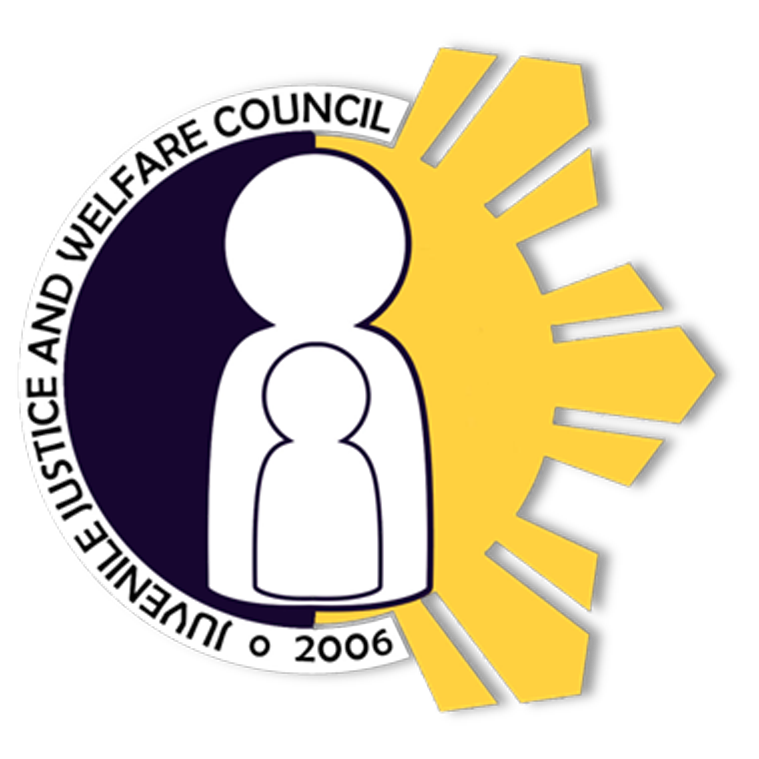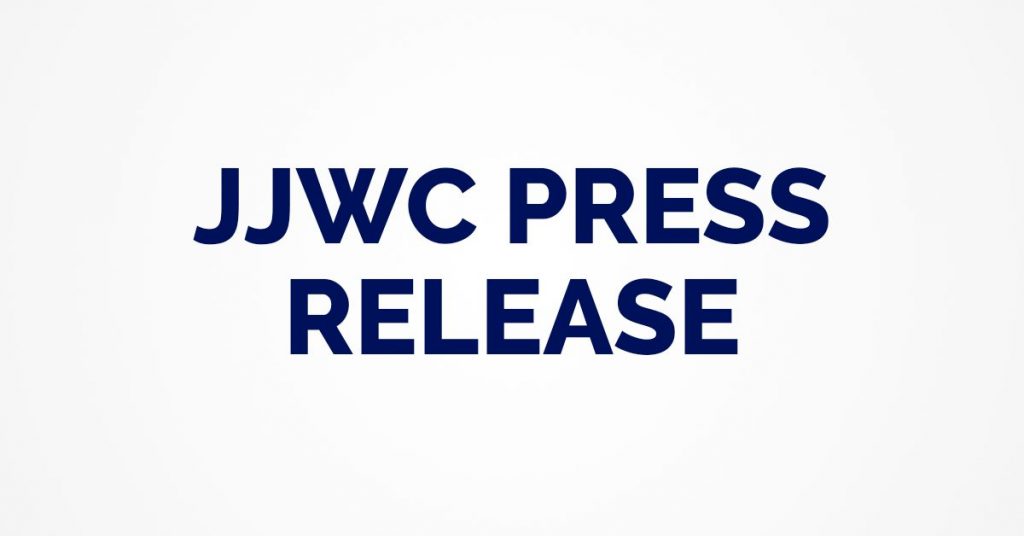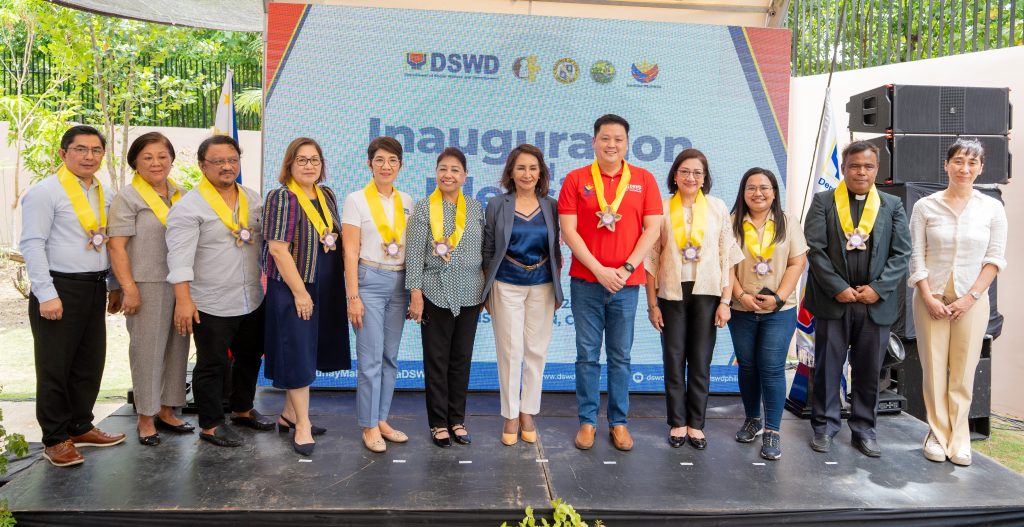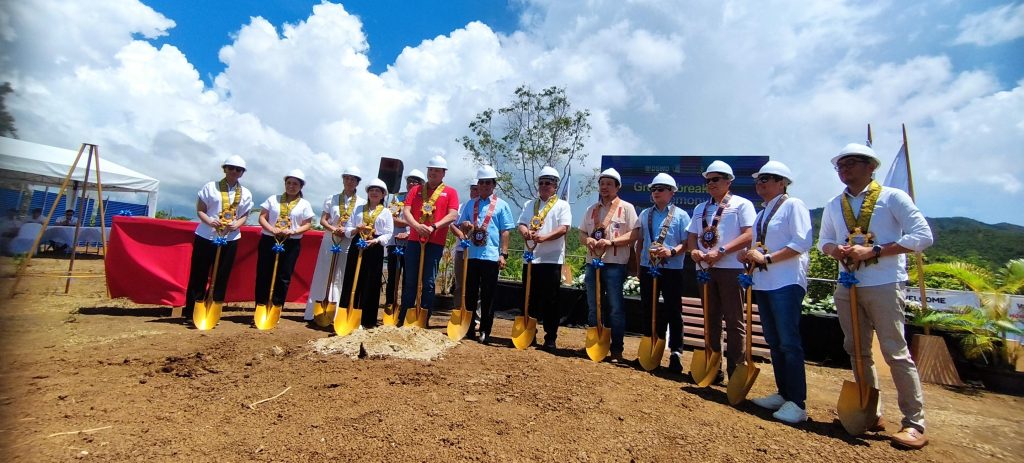“We urge all duty-bearers nationwide to utilize the children at risk/children in conflict with the law registry of the Juvenile Justice and Welfare Council as this will assist us in monitoring the progress of the implementation of the juvenile justice law and will guide us in developing responsive policy, plan and program recommendations and strategies to achieve positive results for children,” said JJWC Executive Director Atty. Tricia Clare A. Oco.
Republic Act (R.A.) 9344 or the Juvenile Justice and Welfare Act (JJWA) as amended, mandates duty-bearers to faithfully record pertinent information of children at risk (CAR) and children in conflict with the law (CICL) to guarantee the correct application of the provision of the Act. The Juvenile Justice and Welfare Council (JJWC) will lead in the establishment of the centralized information management system and will serve as its administrator.
In 2016, JJWC developed the National Juvenile Justice and Welfare Management Information System (NJJWMIS), an internet-based system that collects and processes pertinent information of CAR and CICL.
It aims to establish reliable and updated data, records personal and other pertinent information about the CAR and CICL such as offense, address, IP groups, etc. and is capable of saving images and pertinent documents such as birth certificate, dental records, and the like, and allows the online transfer of records of a child’s case from the barangay to police and LSWDO within the same jurisdiction.
The use of the registry is bound by the requirements of R.A. 9344 as amended and the Data Privacy Act of 2012 to ensure the confidentiality and privacy of the child’s personal information.
The NJJWMIS has three modules. The first one is the registry, which is used to record and process all basic personal information and violation/offense of CAR and CICL collected by duty-bearers upon receipt of the case or during first contact. The second one is the case management system, which collects and processes information when the case reaches the social worker. It captures multi-disciplinary assessment of the individual case, provision of services by different agencies, and child’s progress or completion of intervention or diversion program. The last one is the monitoring and evaluation sub-system, which automates the system of monitoring and evaluation of the compliance of various agencies and LGUs with the amended law.
As of April 2022, the NJJWMIS has recorded 7,306 accounts of duty-bearers.
“Let us invest and utilize the NJJWMIS and work together towards the full and effective implementation of the juvenile justice law,” said Atty. Oco.
To know more about the NJJWMIS, check the user manual at
https://registry.jjwc.gov.ph/kb/UsersManual.pdf





